Oxford celebrates its «valuable relationship» with Instituto Cervantes in the 50th anniversary of the Spanish Faculty
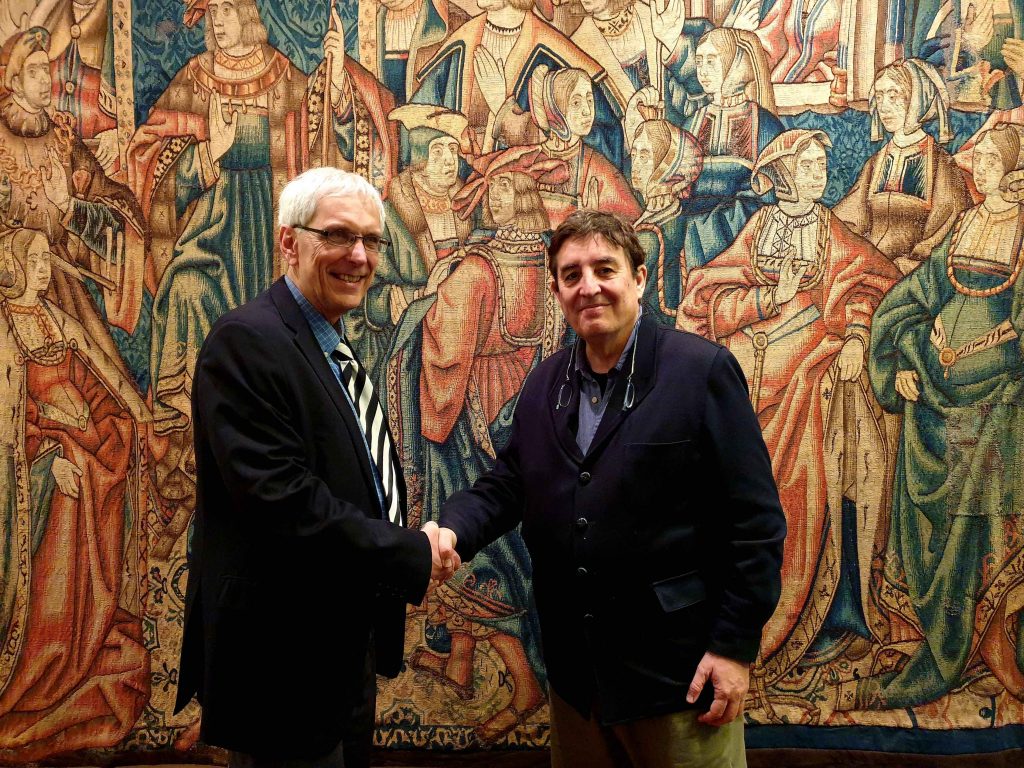
The director of Instituto Cervantes, Luis García Montero, attended today the 50th anniversary celebrations of the Spanish and Portuguese Sub-Faculty at the University of Oxford. Tomorrow, he will sign a memorandum of understanding (MOU) with Magdalen College.
“The participation of Instituto Cervantes in this commemoration is due to the fact that our relationship is very valuable,” said Jonathan Thacker, Professor Alfonso XIII of Spanish studies at Oxford, who explained that although Spanish has been taught at this university for more 100 years, only now does he feel that «it is a really vibrant language».
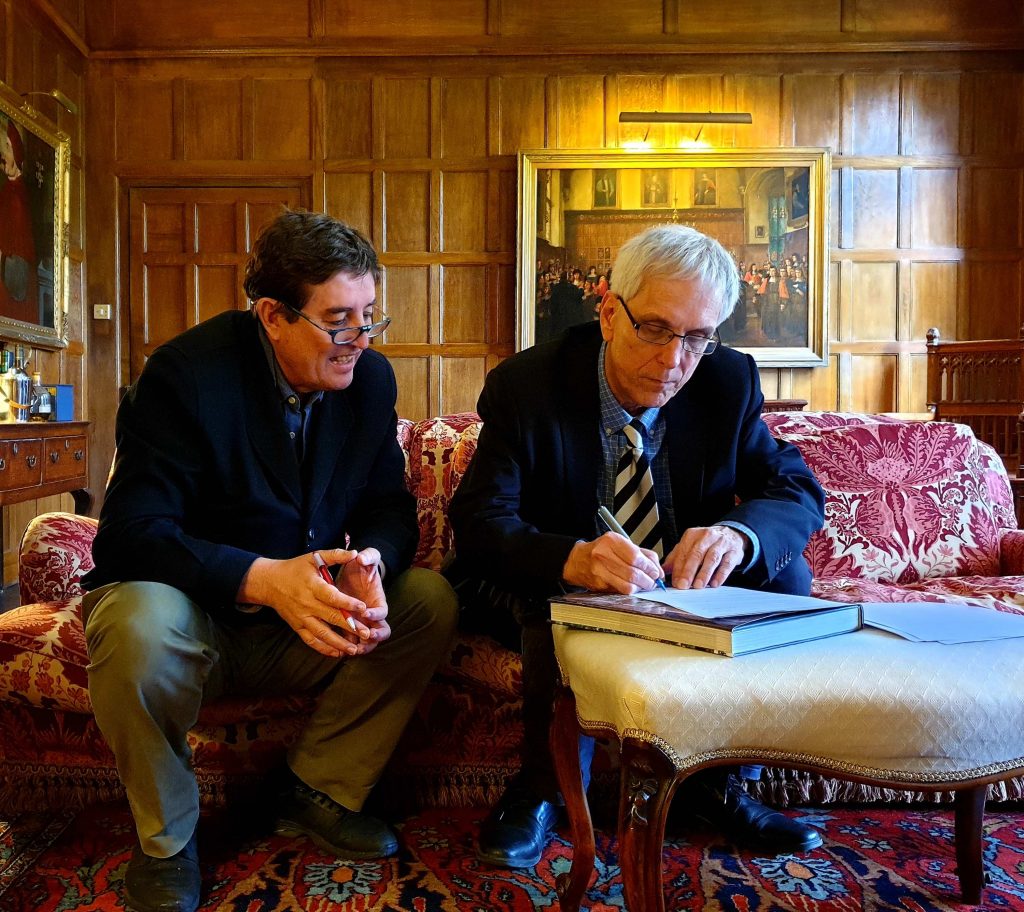
Expert in the Spanish Golden Age, Professor Thacker said that García Montero’s assistance “is not only because he is the director of a very important cultural institution, but also an academic and a poet, producing a type of literature that we teach in Oxford. We wanted this celebration to be a combination of academic content and more vivid content.” Alongside the celebration, there were poetry readings by García Montero himself and Portuguese writer Ana Luísa Amaral to enliven and complement the anniversary.
Memorandum of Understanding with Magdalen College
“This agreement is a recognition of a trajectory that has been underway for a few years and the consolidation of a future collaboration that I wish to be very long. It is about putting in black and white what has been developing for a long time, especially in these last two years,” said the professor of Spanish Medieval Literature and Philology at the University of Oxford, Juan Carlos Conde.
For Conde, the signing of this memorandum is to give, «a naturalisation certificate and secure it for the future.” In fact, it is clear that the presence of Spanish in Oxford is strengthened with two initiatives mentioned in the MOU: the Madariaga Series and the Magdalen Iberian Medieval Studies Seminar (MIMSS).
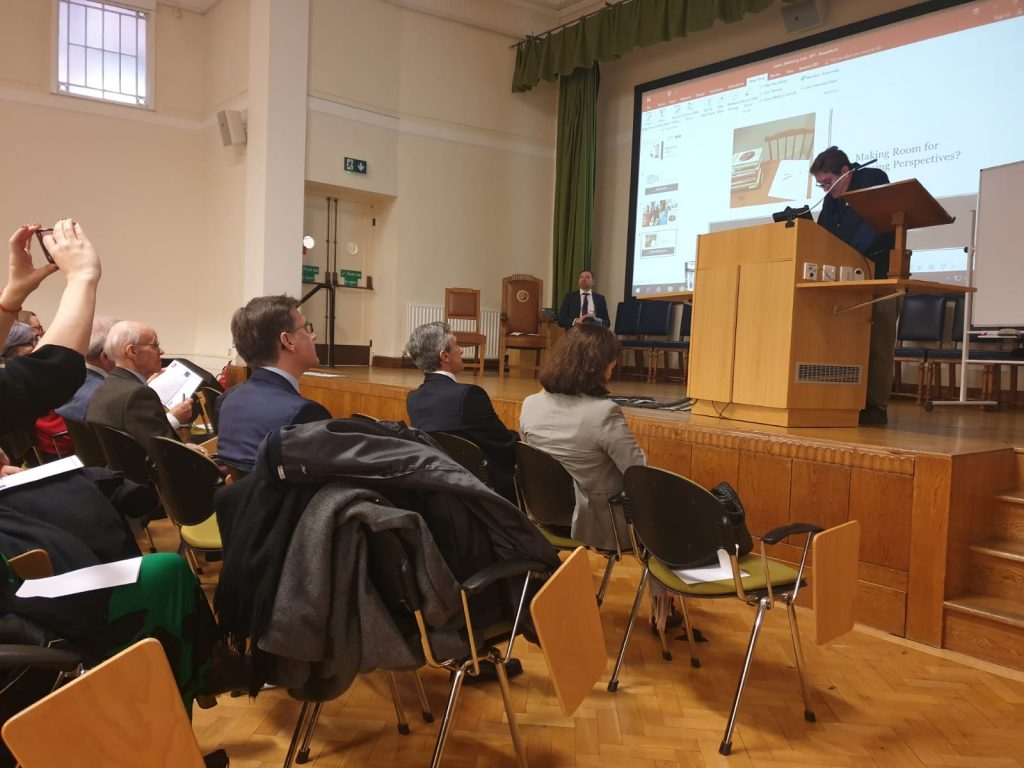
The Madariaga Series is the result of an initiative by a group of postgraduate students at the end of year 2014. Among the first guests in 2015 were figures such as Miguel Ángel Moratinos and Javier Solana. One of the students behind the initiative, Diego Rubio, approached Conde to ask whether Magdalen College could give the series voice and visibility in Oxford. A few months later, they successfully gave the Madariaga Series a “home, roof and shelter, as well as a significant economic contribution.» In the case of the MIMSS cycle, it is the most important medieval studies seminar in the United Kingdom today.
“I want to believe that these activities, in parallel to teaching and training, will contribute to the experience of current and future Oxford students, providing them with a series of opportunities they don’t have in other places,” said Conde.
Spanish students in Oxford
“For undergraduate students who want to study here, they must have previously studied Spanish up to A-levels exams. We have an average of between 300 and 320 students who request to study here and we accept between 70 and 75, that is, one in four students. I think this is a sign of the good health of teaching Spanish in schools,” said Professor Thacker.
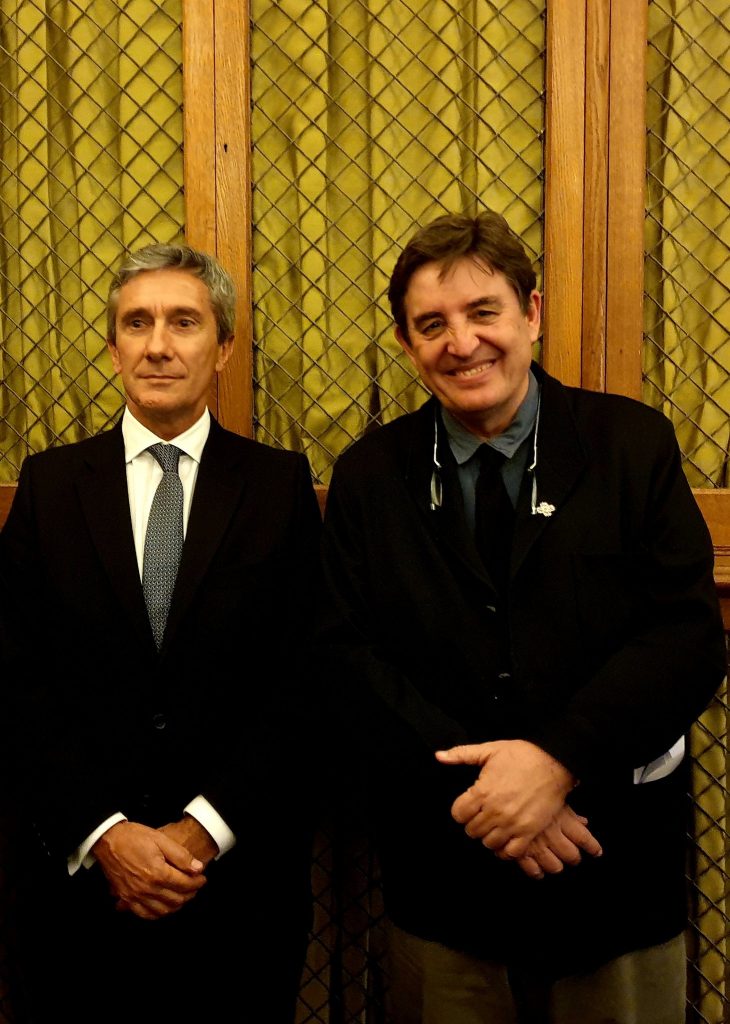
Twenty years ago, when this professor began working at Oxford, there was an average of approximately 150 applicants for 40 positions. «We have grown a lot, but the big difference is that there are more applications for Modern Languages, because when students apply to study here, they have to choose that route and then specify if they want Russian, Italian, Spanish or what language,» he pointed out.
While interest in French and German is going down, Spanish has broken that trend, and at the moment, there is still a good level of applicants: “I hope it is because they like the level of our course, but also because there are a lot of young people here interested in Hispanic culture and Spanish history, and want to travel and like to travel to countries where Spanish is spoken. ”
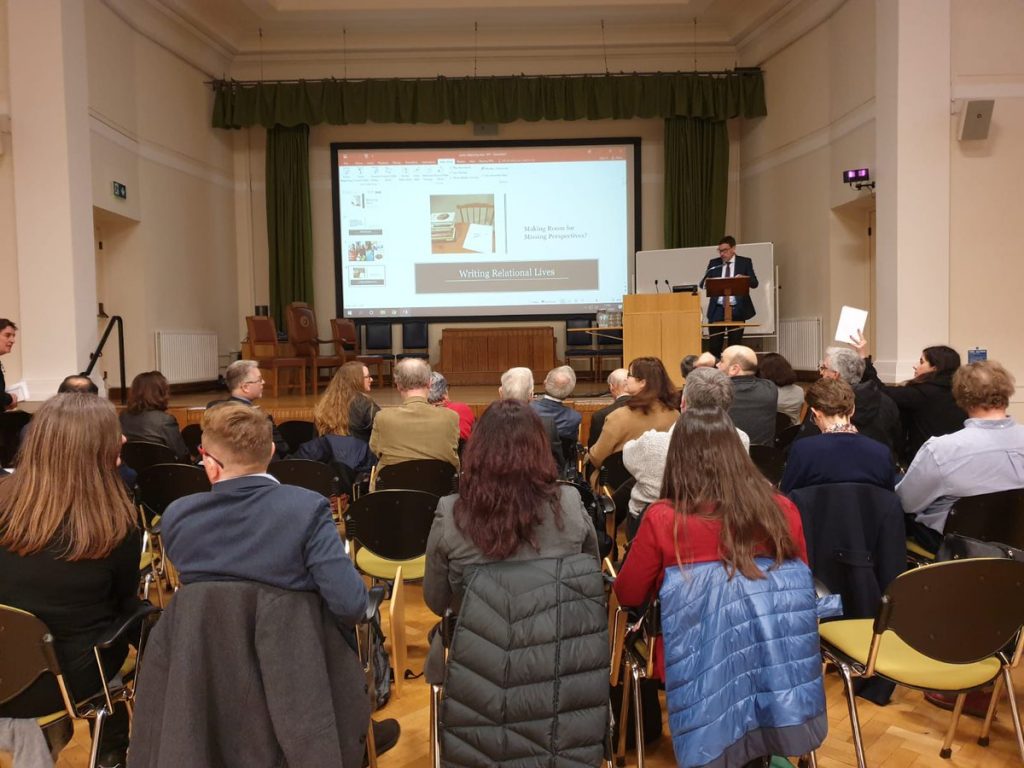
Future of the Spanish language
Thacker would like to continue seeing Spanish growing in the coming years and that the Sub-Faculty of Medieval and Modern Languages at the University of Oxford is able to accept all good applicants for Spanish studies, both undergraduate and graduate. Alongside this growth is also an impetus on always maintaining the current level of interdisciplinary interaction and with other Sub-Faculties in Oxford that there are today.


